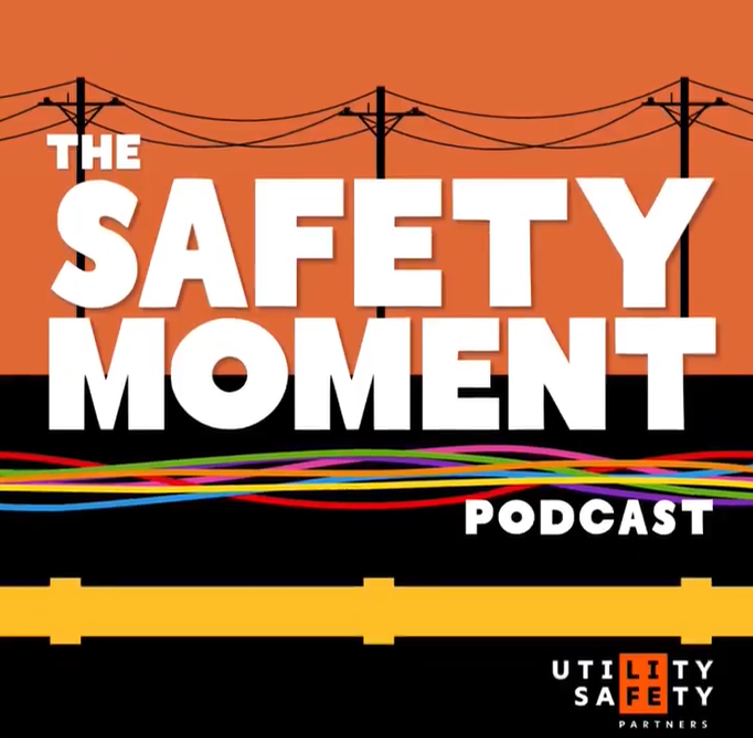Olympic Secrets for Injury-Free Workdays
Print this Article | Send to Colleague
Doug Downs – Stories and Strategies
Discover the Olympic secrets that can keep you safe on the job!
In episode 56 of the Safety Moment Podcast, Mike Sullivan sits down with Dr. Kevin Rindal, a renowned sports medicine expert and former chiropractor for the U.S. Olympic Swim and Women's Ice Hockey Teams. The conversation dives deep into the realm of workplace safety, particularly focusing on the utility energy sector, and uncovers how principles from athletic performance can significantly reduce workplace injuries.
Dr. Rindal's journey is as fascinating as it is inspiring. He began his career with a passion for sports medicine, dedicating his efforts to helping athletes achieve peak performance. His work took him to two Olympic Games and the World Championships, where he honed his skills in optimizing movement health — a key principle that emphasizes the importance of proper body mechanics and movement to enhance performance and prevent injuries.
The turning point in Dr. Rindal's career came in 2016 when executives from a utility company approached him with a challenge: could the techniques used to keep Olympic athletes in top shape be applied to their workforce? Dr. Rindal accepted the challenge and initiated a pilot program with 1,100 workers. The results were astounding — within the first year, musculoskeletal injury rates dropped by 53%, and the company saved $670,000 in injury-related costs. This success story underscored the broader applicability of movement health principles beyond the realm of sports.
Throughout the episode, Dr. Rindal emphasizes the critical role of movement health in preventing injuries, particularly in physically demanding fields like the utility energy sector. Workers in this industry often face grueling conditions, from extreme weather to physically taxing tasks. Dr. Rindal explains that many injuries stem from repetitive strain and poor body mechanics, which can be mitigated with proper training and preventive measures.
One of the key takeaways from the episode is the importance of proactive injury prevention. Dr. Rindal points out that many safety programs focus on reactive measures — addressing injuries after they occur. However, by integrating daily movement routines and educating workers on proper body mechanics, companies can significantly reduce the incidence of injuries. This proactive approach not only improves workers' health and well-being but also boosts productivity and reduces costs associated with workplace injuries.
The discussion also touches on the challenges faced by an aging workforce. As Dr. Rindal notes, older workers often experience chronic pain and mobility issues, which can lead to injuries if not addressed properly. He advocates for tailored movement programs that accommodate the needs of older workers, helping them stay active and pain free.
Dr. Rindal's insights extend to office workers as well. He highlights the sedentary nature of modern work environments and the health risks associated with prolonged sitting. To counteract these risks, he recommends incorporating regular movement breaks and using tools like foam rollers to maintain muscle health. Even simple activities, such as stretching and short walks, can make a significant difference in overall health and well-being.
A particularly interesting segment of the podcast is the discussion on the "movement challenges" Dr. Rindal's team has implemented in various companies. These challenges gamify the concept of movement health, encouraging employees to participate in daily exercises and rewarding them for their efforts. This innovative approach not only promotes physical activity but also fosters a sense of community and teamwork.
Episode 56 of the Safety Moment Podcast is a trove of valuable insights and practical advice for anyone interested in improving workplace safety. Dr. Rindal's expertise and passion for movement health offer a fresh perspective on injury prevention, highlighting the transformative power of proactive measures. Whether you're an employer looking to enhance your safety program or a worker seeking ways to stay healthy and active, this episode is a must-listen. Tune in and discover how Olympic-level strategies can revolutionize your approach to workplace safety.


